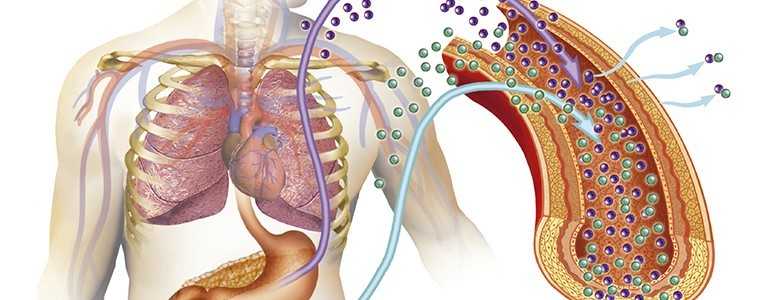A national drive to banish the myth that women need to eat for two during pregnancy has been launched following the concerning results of a survey.
A UK poll has revealed that women eat more than they should during pregnancy, placing them and their babies at risk of type 2 diabetes and obesity.
NICE, the body responsible for issuing official health advice and guidelines to the NHS, says expectant mums should eat normally for the first six months of their pregnancy and then consume a further 200 calories each day during the final trimester. The recommended calorie intake for most women is 2,000 a day.
However, a survey by the National Charity Partnership (NCP) – consisting of the British Heart Foundatio, Diabetes UK and Tesco – has discovered over one in three of the 2,100 women questioned believed they needed to consume an additional 300 or more calories daily during pregnancy.
More than a quarter of pregnant women used the concept of eating for two as justification to consume junk food, the research also revealed.
A total of 140 of those who took part were pregnant and of these 61 per cent thought they needed to eat more calories in the first or second trimesters.
Now the NCP is working together with the Royal College of Obstetricians and Gynaecologists (RCOG) on an educational campaign to spread the correct information about eating during pregnancy.
The NCP’s head of prevention Alex Davis, said: “Eating healthily and consuming healthy portion sizes are important before, during and after pregnancy to increase the chances of conceiving naturally, reduce the risk of pregnancy and birth-related complications and stave off health problems like type 2 diabetes and heart and circulatory disease in the long-term.”
Vice president of education for the RCOG Professor Janice Rymer added: “Women who are overweight during pregnancy are at an increased risk of having a miscarriage and developing conditions such as gestational diabetes, high blood pressure and pre-eclampsia.
“They are also more likely to have a premature baby, require a Caesarean section, experience a haemorrhage after birth or develop a clot which can be life-threatening. In addition, overweight women have bigger babies who are themselves more likely to become obese and have significant health problems as a result.”
Healthy eating and having the appropriate amount and types of food can help to significantly reduce these problems.
What's new on the forum? ⭐️
Get our free newsletters
Stay up to date with the latest news, research and breakthroughs.







